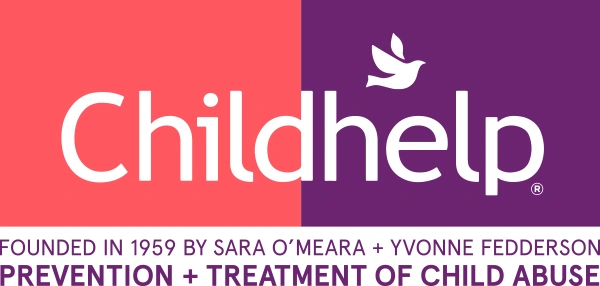When a parent or caregiver harms a child’s mental and social development, or causes severe emotional harm, it is considered emotional abuse. While a single incident may be abuse, most often emotional abuse is a pattern of behavior that causes damage over time.
10.6% of adults report being emotionally abused as a child.
Emotional abuse can include any of the following:
- Rejecting or ignoring: telling a child he or she is unwanted or unloved, showing little interest in child, not initiating or returning affection, not listening to the child, not validating the child’s feelings, breaking promises, cutting child off in conversation
- Shaming or humiliating: calling a child names, criticizing, belittling, demeaning, berating, mocking, using language or taking action that takes aim at child’s feelings of self-worth
- Terrorizing: accusing, blaming, insulting, punishing with or threatening abandonment, harm or death, setting a child up for failure, manipulating, taking advantage of a child’s weakness or reliance on adults, slandering, screaming, yelling
- Isolating: keeping child from peers and positive activities, confining child to small area, forbidding play or other stimulating experiences
- Corrupting: engaging child in criminal acts, telling lies to justify actions or ideas, encouraging misbehavior
SIGNS OF Emotional ABUSE IN A PARENT OR CAREGIVER
- Routinely ignores, criticizes, yells at or blames child
- Plays favorites with one sibling over another
- Poor anger management or emotional self-regulation
- Stormy relationships with other adults, disrespect for authority
- History of violence or abuse
- Untreated mental illness, alcoholism or substance abuse
SIGNS OF Emotional ABUSE IN A CHILD
Physical:
- Delays in development
- Wetting bed, pants
- Speech disorders
- Health problems like ulcers, skin disorders
- Obesity and weight fluctuation
Behavioral:
- Habits like sucking, biting, rocking
- Learning disabilities and developmental delays
- Overly compliant or defensive
- Extreme emotions, aggression, withdrawal
- Anxieties, phobias, sleep disorders
- Destructive or anti-social behaviors (violence, cruelty, vandalism, stealing, cheating, lying)
- Behavior that is inappropriate for age (too adult, too infantile)
- Suicidal thoughts and behaviors
